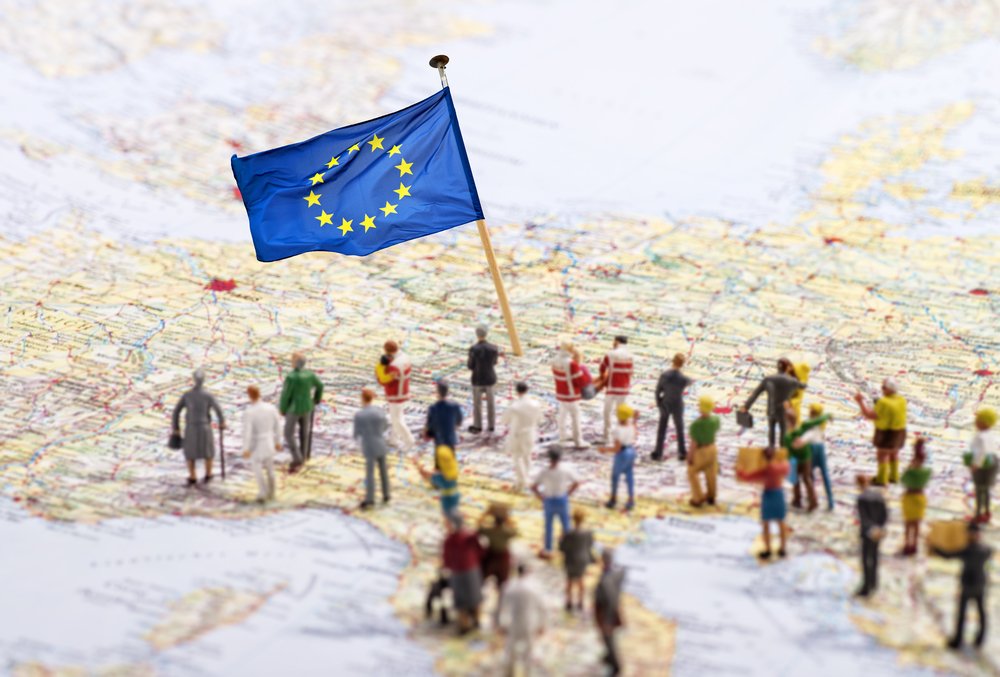
The European Council (an EU body which includes the Presidents and Prime Ministers of all EU Member States) continues to make recommendations as to who should be allowed to enter the European Union space (and under what conditions). Today’s blog will reveal the Council’s list of safe third countries for non-essential travel into the EU. Typically, travelers arriving from these countries tend to face fewer barriers for entry to the EU (i.e. they are subject to fewer—and less intense—restrictions). In addition to listing the EU safe countries, today’s blog will provide background information on travel to the EU during the COVID-19 era.
Background to EU council “Safe Countries” list
- States on the “safe” third countries list are those identified as having low domestic rates of COVID-19 (in the context of the EU, “third countries” are those which are not EU/Schengen Member States).
- Because travelers from states with low COVID-19 rates are considered less likely to spread the virus into the European space, they tend to collectively face fewer barriers/restrictions to entry.
- As a rule, both essential travellers and non-essential travellers from countries on the list are allowed to travel into the EU without facing many restrictions. In this sense, travelers on the safe list are subject to the same restrictions that apply to EU citizens and long-term EU residents. This is in contrast to non-essential travellers not from countries on the list, most of whom will continue to be subject to entry restrictions.
- Finally, keep in mind that while the EU Council continues to make recommendations about which countries are considered safe, it is up to the individual EU countries to choose whether and how to apply these recommendations. While individual EU countries tend to follow the EU council recommendations on who is allowed to travel into the EU, states have their own lists of which countries they consider safe and unsafe.
- If you are considering travel into the EU, you should verify the specific restrictions that will apply to you (i.e. the entry guidelines/restrictions in place for the specific EU country you are attempting to enter) even if you are arriving from a country on the Council’s list of safe third-countries for non-essential travel into the EU.
Council’s list of safe third countries for non-essential travel into the EU
- The following is the 9th of September 2021 list of safe third countries for non-essential travel to EU as by the European Council:
- Australia
- Bosnia and Hercegovina
- Canada
- Jordan
- New Zealand
- Qatar
- Republic of Moldova
- Saudi Arabia
- Singapore
- South Korea
- Ukraine
- Uruguay
- China
- In theory, residents of the above states are exempt from the temporary restrictions on all travel into the EU.
- For example, non-essential travellers from South Korea who attempt to enter the EU space will likely be able to do so—even if they are traveling for tourism or other non-essential reasons—without facing mandatory self-isolations and other restrictions faced by arrivals from countries not on the list.
- However, please keep in mind that even travelers arriving from countries on the EU safe list may be subject to certain restrictions, such as mandatory pre-flight testing.
Updates to the council list
- Please note that Uruguay is the newest addition to the above list, which also witnessed some key deletions; the following countries were previously on the EU safe list but are no longer (as of September 9th, 2012) Albania, Armenia, Azerbaijan, Brunei, Japan and Serbia.
COVID-19: Travel from outside the EU
- The EU continues to allow freedom of movement within and across the EU for anyone who gains entry to the zone.
- Broadly speaking, travel into the EU by non-citizens and non-residents of the zone is allowed. That being said, temporary restrictions on all travel into the EU remain in place for non-essential travel into the EU, especially for unvaccinated individuals and those arriving from certain countries.
- These restrictions on travel into the EU also apply to EU citizens and long-term EU residents. Therefore, while EU citizens and residents generally face fewer restrictions than non-EU citizens and residents, they may still be subject to the PCR test, quarantines, and other pre- and post-arrival regulations depending on where they are arriving from.
- Restrictions on travel into the EU include the following measures meant to deter the spread of the virus:
- Pre-flight declaration forms.
- Travel bans (affecting non-essential travel into the EU from certain countries).
- Pre-flight COVID-19 testing (acceptable forms include PCR test or Antigen).
- Post-arrival COVID-19 testing.
- Self-isolations.
- Quarantines.
For more information on COVID-19: Travel from outside the EU, and for the specific entry restrictions you will be subject to, please contact us here.